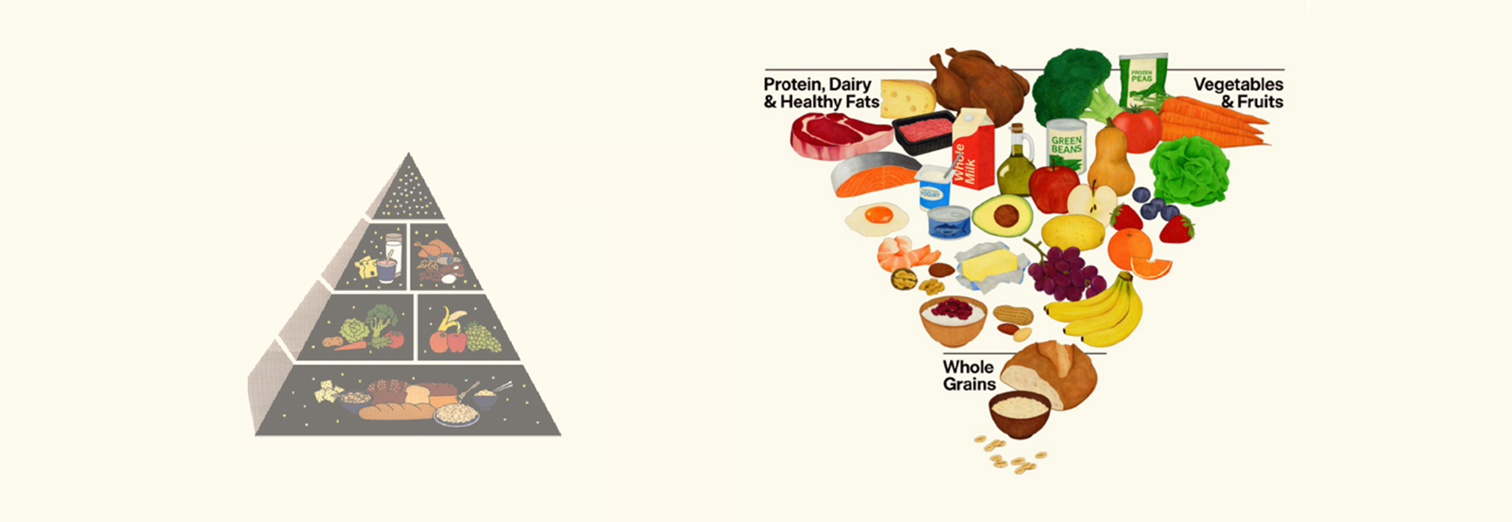5 Safe Food Additives
Nutrition
5 Safe Food Additives
Whether you’re looking for a quick bite of information or want to drop some knowledge on your dinnertime companions, here’s our Featured 5 of the Week!
Additives often get a bad reputation. Many of us assume that if you can’t pronounce an ingredient, it’s automatically bad for you. This, however, is not the case. Many additives are entirely safe for human consumption, so much so, we see them in our fruits and veggies.
5. Octadecenoic acid
Octadecenoic acid, also known as oleic acid, is a naturally-occurring fatty acid in animal and vegetable fats. It’s classified as a monounsaturated omega-9 fatty acid, meaning it is a healthy fat with one unsaturated carbon bond.
Foods that contain octadecenoic acid include oils, meat, cheese, nuts, seeds, eggs, pasta, milk, and avocados.
4. Hexadecenoic acid
Hexadecenoic acid, also known as palmitoleic acid, is also a monounsaturated fatty acid, specifically an omega-7.
We find hexadecenoic acid in animal and vegetable oils, animal fats, and even breast milk!
3. Phenylalanine
Phenylalanine is an essential amino acid. Our body uses it to make proteins.
High-protein foods contain phenylalanine, including dairy products, eggs, nuts, soybeans, meat, and fish.
2. Phylloquinone
When you take a bite of a banana, you get a big chunk of phylloquinone, which can help prevent blood clots. We also know phylloquinone as vitamin K1.
Phylloquinone is most present in leafy green vegetables, but it’s also in some fruits.
1. Chemicals
Everything we’ve listed above can be considered a chemical, but there is a negative stigma surrounding the word. Yes, some substances are not the best for us, but those are processed chemicals found in foods like potato chips.
Fruits, vegetables, and meat all contain naturally-occurring chemicals, meaning we eat chemicals every day. It’s important to know which chemicals are good for us and which are not.
The Bottom Line
Chemicals are everywhere – in the air, in us, and our food. Don’t be afraid of words that you can’t pronounce. Instead, become educated on what components make up your food.

Transcript: The ‘Real Food’ Reset
This is a transcript for the podcast episode, "From Guidelines to Groceries: The Real Food Reset". The new USDA/HHS dietary guidelines marks a “historic reset” in U.S. nutrition policy with a straightforward message: eat real food. But how does this differ from current guidelines?



